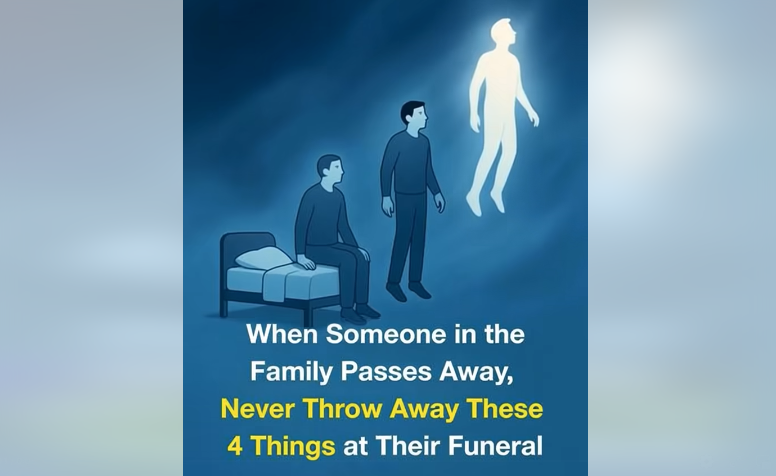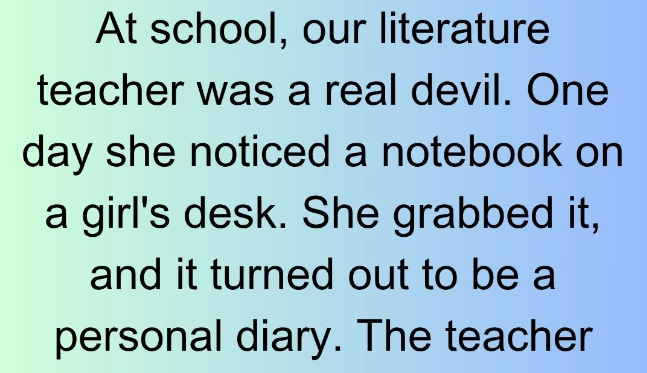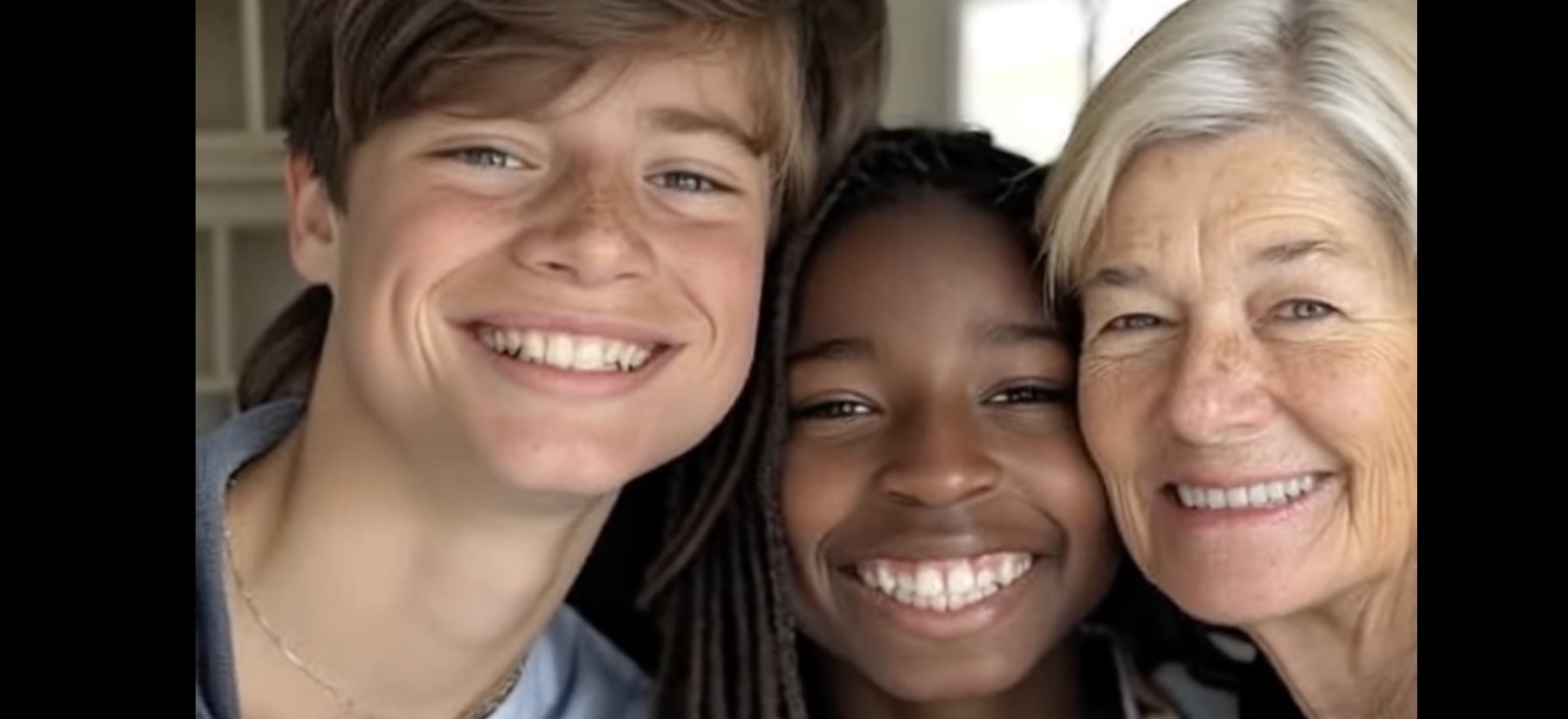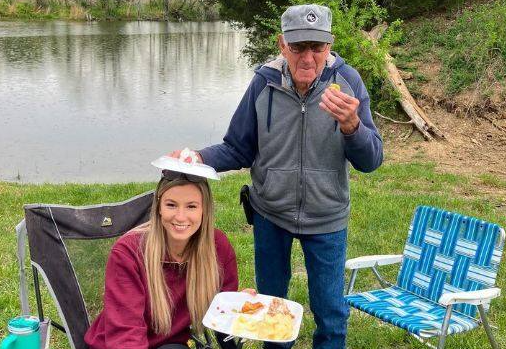The passing of someone dear leaves an indelible mark on our lives. In the tender days after a funeral, families often find themselves navigating a sea of emotions while facing the daunting task of sorting through homes, organizing possessions, and finding a way to move forward.
Amid this emotional storm, it’s all too easy to make choices we might later wish we hadn’t.
We clear out items not because they lack value, but because we’re overwhelmed, weary, and grappling with a world that feels emptier without the one we loved.
Yet, some things, once discarded, can never be retrieved.
These aren’t mere possessions — they’re fragments of memory, whispers of voices, and links to family stories that span generations.
Before you begin sorting, cleaning, or donating, take a moment to pause.
Here are four cherished items you should never part with after a loved one’s passing, no matter how small or ordinary they may appear.
1. Handwritten Notes or Letters
In an age of digital messages, a handwritten note is a rare and precious relic.
That grocery list they jotted down on a scrap of paper by the fridge.
The birthday card hidden in a drawer.
The love letter penned decades ago.
Even a brief “Thinking of you” scribbled on a napkin.
These aren’t simply pieces of paper — they’re evidence of their existence.
Their handwriting, their choice of phrases, the unique way they crossed their t’s — it’s all a part of who they were.
💬 Someday, you’ll hold that note and feel their presence beside you once more.
✅ What to do:
Gather all handwritten treasures — letters, cards, journal pages, even sticky notes — and safeguard them in a memory box or scrapbook for future generations.
2. Voice Recordings or Voicemails
The sound of a loved one’s voice becomes one of the things you miss most when they’re gone.
That brief voicemail —
“Hey, it’s me. Checking in. Give me a call when you’re free.”
Or the voice note they sent:
“Happy birthday, my dear. I love you.”
Even a recording of their laughter during a family call.
These are living echoes of their spirit.
Their tone, their rhythm, the way they said your name — these are irreplaceable.
🎧 One day, when the grief feels lighter and you long to hear them again, that recording will feel like a gift.
✅ What to do:
Save voicemails by transferring them to your computer or cloud storage.
Preserve any home videos or voice memos.
Use apps to convert audio to MP3 for long-term safekeeping.
Act now — technology can fail, and phones get replaced.
3. Items That Were Uniquely “Theirs”
Certain objects become sacred because they were so distinctly tied to the person you loved.
Their favorite coffee mug with the chipped handle.
The worn-out slippers they refused to replace.
Their reading glasses resting on the nightstand.
The fishing hat, walking cane, or knitting needles they used every day.
These aren’t clutter — they’re tangible ties to their presence.
Even if you can’t keep everything, select one or two meaningful items to hold onto.
Display them on a shelf, tuck them into a memory box, or create a small tribute in their honor.
🕯️ One day, your child or grandchild will pick up that mug and say, “This was Grandpa’s.” In that moment, they’ll feel a connection to someone they may never have met.
4. Family Photos — Even the Unidentified Ones
In the haste to organize, it’s tempting to discard old photo albums or boxes filled with “unknown faces.”
But those unlabeled photos? They’re windows into your family’s past.
That black-and-white snapshot of a woman in a 1940s dress?
She could be your great-grandmother.
The man in the military uniform?
Perhaps a great-uncle who served in the war.
The children playing on a porch?
Your parents as kids, in a home long since gone.
Even if the faces are unfamiliar, don’t let them go.
✅ What to do:
- Collect all photos, including the unidentified ones.
- Reach out to older relatives to help name faces and dates.
- Scan them to create a digital archive.
- Label each photo as you uncover its story.
These images are chapters of your family’s legacy — once lost, they’re gone forever.
Grief Is Not About Erasing the Past
It’s understandable to want to “clear the clutter” after a loss.
But grieving isn’t about wiping away what was — it’s about carrying love into the future.
Every note, every voice, every photo, every well-loved object —
they’re not symbols of what’s missing.
They’re proof of what was real.
And one day, when the ache has softened,
you’ll open that memory box and say:
“There they are.”
And for a moment, they’ll be with you again.
Final Thoughts: Cherish What Matters
In the quiet, heavy days after a funeral,
remember this:
👉 It’s okay to hold onto things.
👉 It’s okay to grieve at your own pace.
👉 It’s okay to preserve what matters.
Because healing doesn’t mean letting go.
It means honoring what was — and passing it on to those who come next.
So before you part with anything…
Ask yourself:
“Will I wish I had this someday?”
If the answer is yes — keep it.
Some things aren’t meant to be discarded.
They’re meant to be treasured and passed down.




